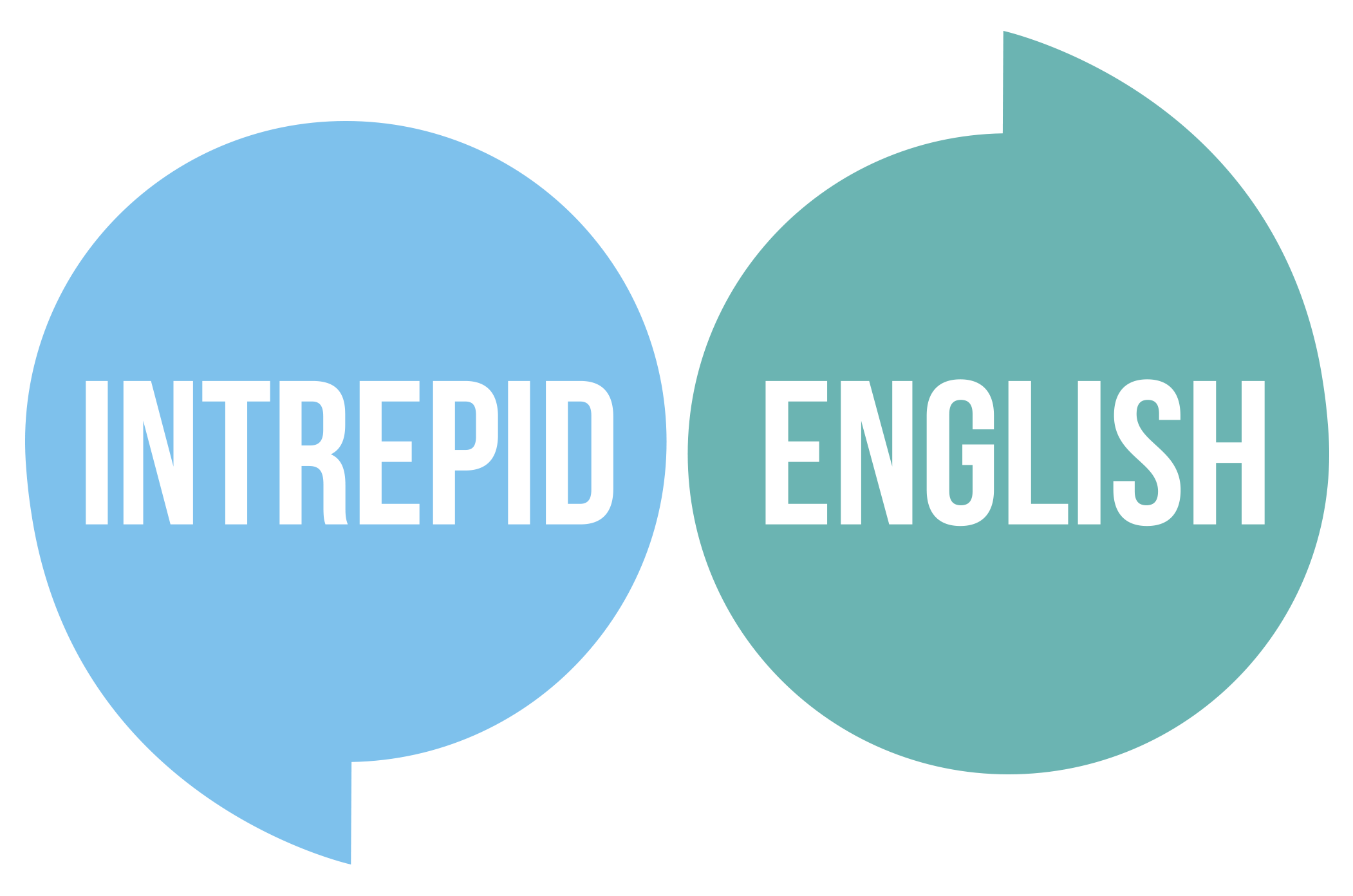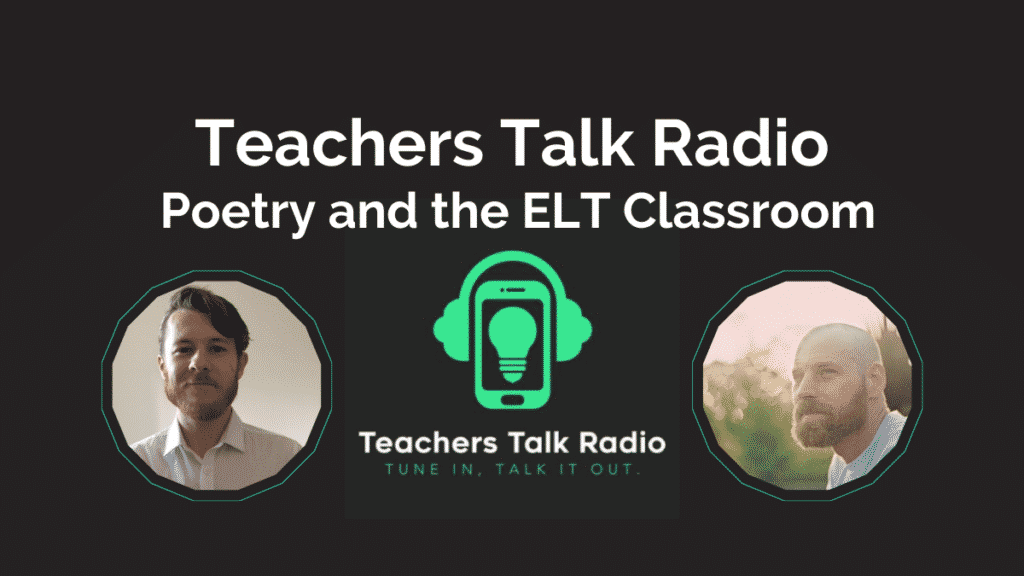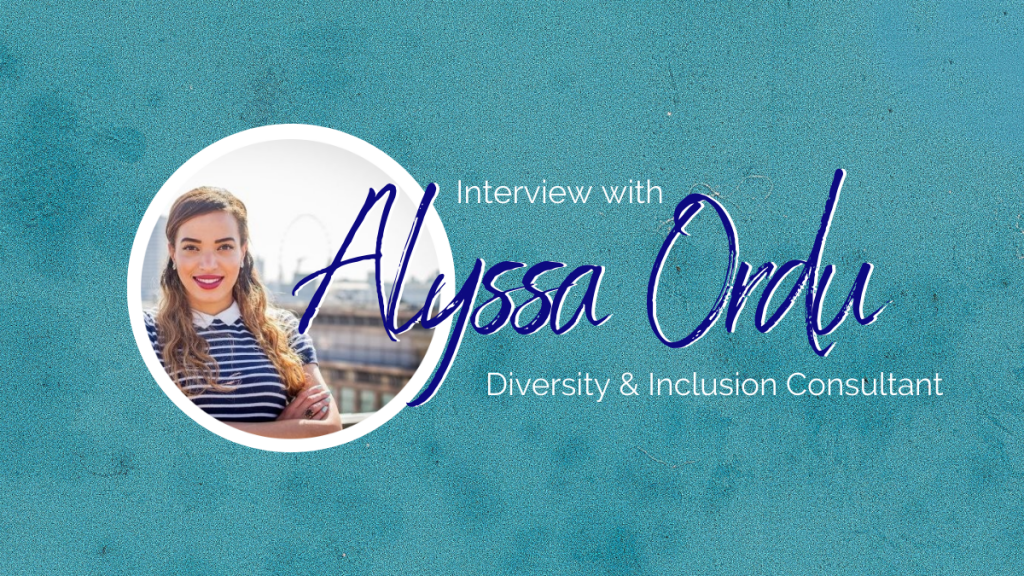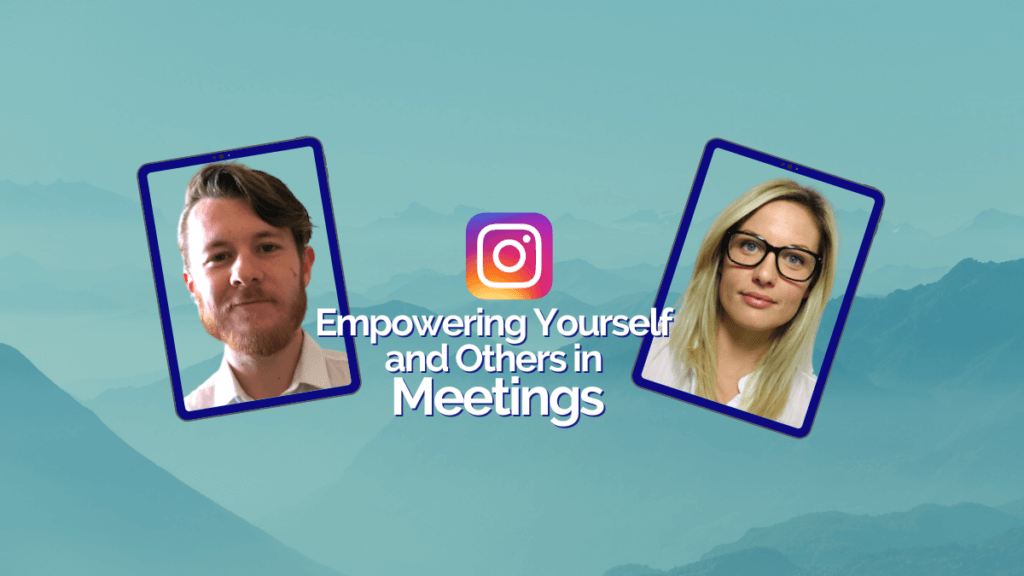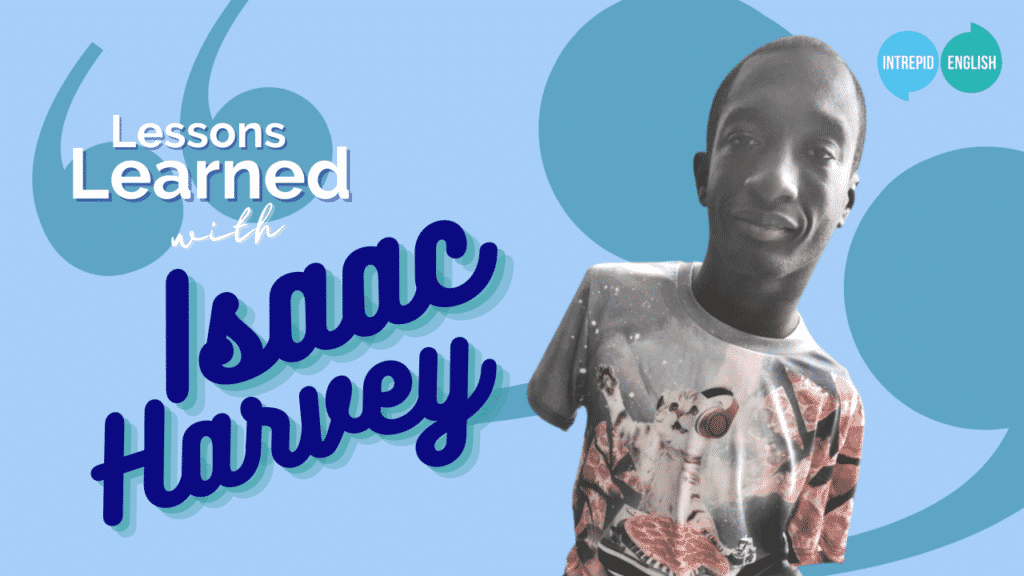Phrasal Verbs with ‘Run’

What is a phrasal verb?
Phrasal verbs are used all the time in English. A phrasal verb is a verb (such as run, send or hang) with a preposition (such as up, on or under). With the recent lockdowns, many of us have been getting out and about and keeping active with daily runs or walks. Today, we will look at four phrasal verbs with the verb ‘run’ and their meanings.
1. Run away
To run away is to escape or go far away from a place.
For example: “He had a very unhappy childhood. He ran away from home when he was ten years old.”
“The neighbours got a new dog, but unfortunately they left the garden gate open and he ran away.”
2. Run over
There are a couple of meanings to this phrasal verb. When a car hits and goes over someone or something, it runs over them.
For example: “We found this bird in the street. He has some very bad injuries. We think that he was run over.”
“Pay attention when crossing the road! You don’t want to get run over!”
When an event goes past its planned end time, we can say that it ran over.
For example: “Sorry that I’m late. The team meeting ran over.”
“The lecture ran over by an hour, so there was no time for lunch.”
3. Run through
You may hear this phrasal verb used in a business setting. To run through something is to review it or go over it, often to check for mistakes.
For example: “Let’s run through the presentation before we see the client.”
This verb can also be used as a noun.
For example: “We just have one final run-through of the play before the big performance tomorrow.”
4. Run out of
When you run out of something, it means that there is none of that thing remaining. You have used the last of it.
For example: “We have run out of milk. So we’ll have to drink black coffee this morning.”
“We can’t print anything else today. We have run out of paper.”
Fill in the gaps:
Read the sentences below and fill in the gaps with the correct phrasal verb.
- “After the seminar, the guests had so many questions. It ____ ____ by thirty minutes.”
- “Let’s ____ ____ what we’re going to ask in the interview.”
- “Oh no! We’ve ____ ____ ____ flour! Can you run to the shop and get some? I want to bake a cake before the guests arrive.”
- “Lisa sent her daughter to Summer Camp, but she hated it so much she ____ ____ on the second day.”
- “I accidentally ____ ____ a squirrel on the way to work this morning. I felt terrible!”
Discussion Questions:
Answer the following questions.
- Do your meetings at work often run over?
- Do you normally run through your notes before a presentation? Or do you prefer to play it by ear?
- What item do you frequently run out of in your house?
Post your answers in the comments below.
Would you like to learn more about phrasal verbs? We’ve got the course for you! Thomas’s Figure Out Phrasal Verbs course in the Intrepid English Academy will guide you through essential phrasal verbs for all occasions!
Book a free trial lesson today to discuss this topic in more detail, and talk about your English learning goals with an experienced and friendly native English teacher.

This blog was written by Intrepid English Teacher Kate, and recorded by Gemma.
You can find out more about me on my Intrepid English profile page.
Make sure to follow us on Facebook, Twitter and Instagram to stay in the loop about new blog posts, podcasts and content on our YouTube channel!
If you have any questions, or you would like to request a topic for a future blog, you can comment below, use the chat box, or email us at Intrepid English. Talk about your learning goals with an experienced native English teacher. Say goodbye to boring English lessons; book a FREE trial lesson today!
